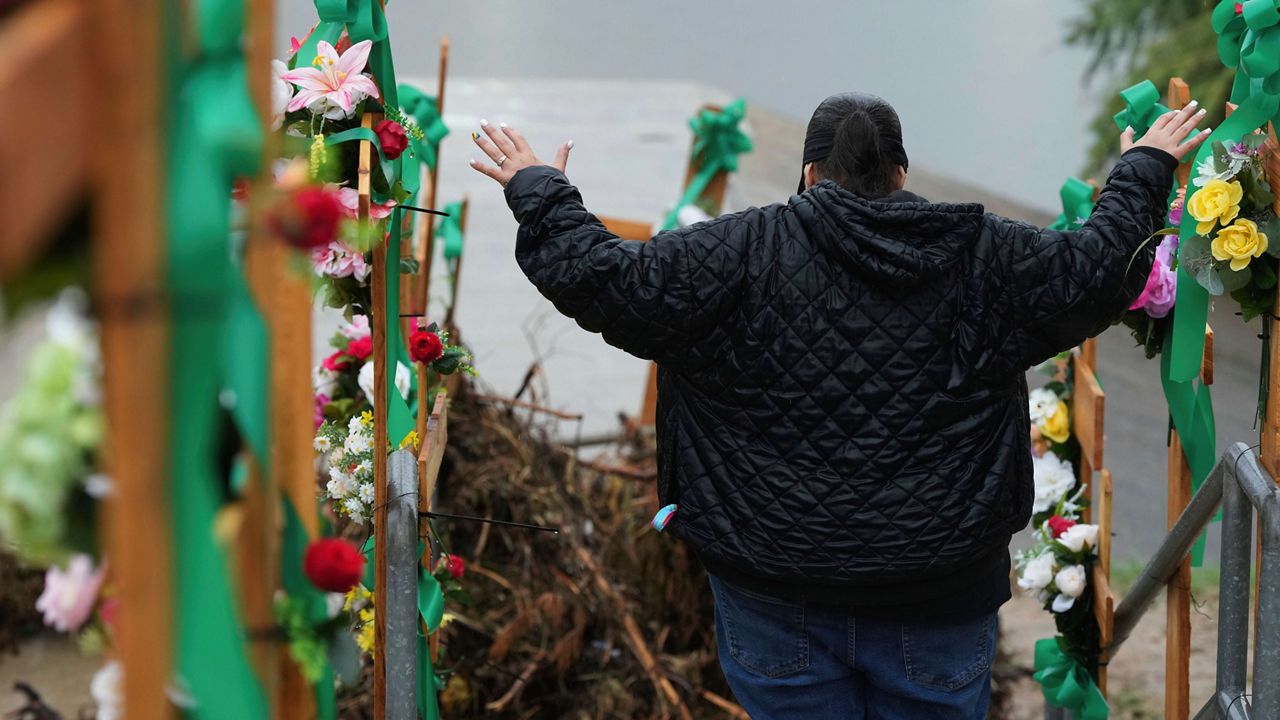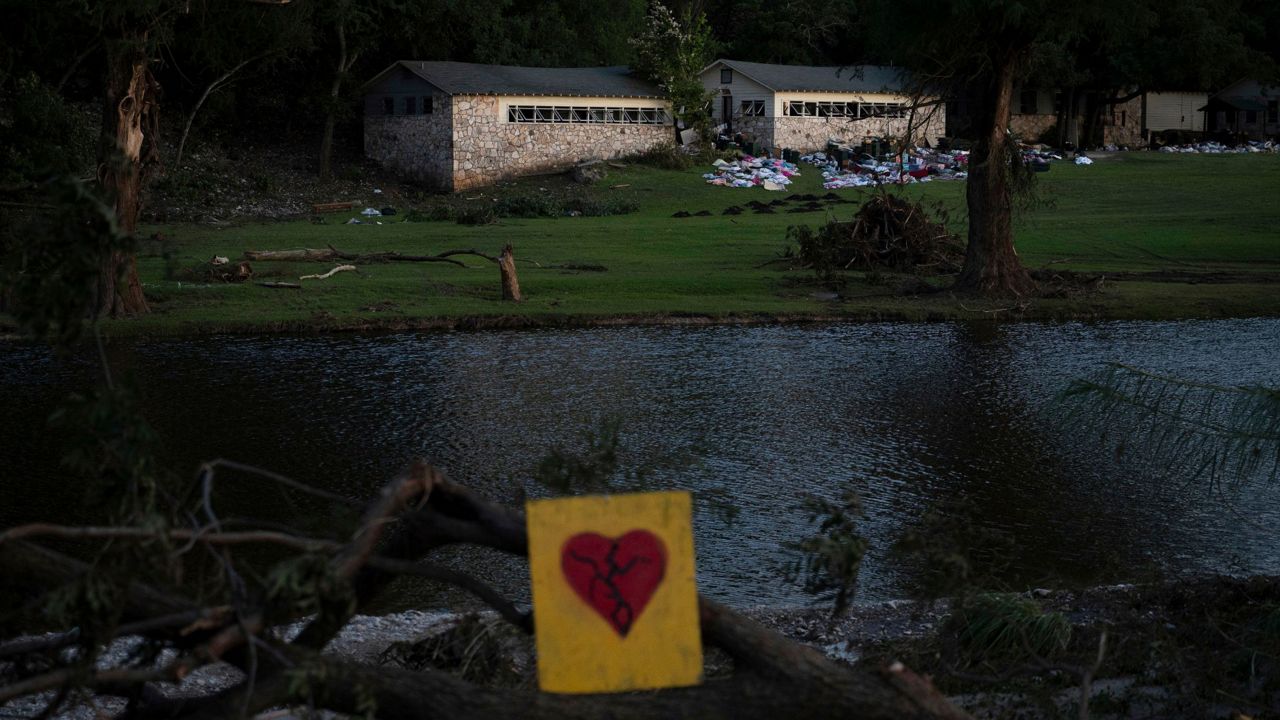TEXAS — Two Central Texas cities will cut some of their surveillance measures by the end of the month.
Both the City of Austin and the City of San Marcos will not be continuing or expanding their use of Flock cameras, a license plate reading technology used to assist police investigations.
The Austin City Council met on June 3 to discuss whether the city would renew its contract with Flock. Many community members shared their concerns that the data gathered by Flock would be shared with Immigration and Customs Enforcement (ICE).
Data, originally obtained by 404 Media, alleged that multiple police agencies across the country were sharing information with ICE, including the Texas Department of Public Safety (DPS).
Austin Assistant Police Chief Sheldon Askew said his department uses the license plate pictures to locate and arrest violent criminals, not to track down who is here in the state illegally.
“This police department doesn’t care about what the immigration status is,” Askew said. “What we care about is getting justice for our victims.”
Askew said he understood the community’s concerns and highlighted that the cameras are only taking pictures of license plates and not drivers. The cameras, according to Askew, have been helpful in identifying suspects in violent crimes like murder and robbery, especially as the department faces an officer shortage of 300.
“We’re just better, or more successful, when we have technology such as ALPR to do it,” he said.
Despite police officials vouching for the benefits of the license plate reader program, community members and even council members disagreed saying there is too great a risk that Texans will be discriminated against and that data will get into ICE’s hands.
“I came to raise the voices of kids and young ones who have been separated from their families,” said one 13-year-old speaker. “At my young age, I understand that this will impact my community and family in a negative manner.”
District 9 Councilman Zohaib “Zo” Qadri was one of the most outspoken council members. He said surveillance has been weaponized against community members before, and he doesn’t want Austinites to be a part of that victim group.
“I don’t believe APD will ever authorize something like that, but the problem is we don’t control the tools,” Qadri said. “Austin should never be complicit in building a database that can be sued to punish people for who they are, who they love, or the choices they make about their bodies.”
Austin City Council was supposed to vote on the item two days later on June 5, but the item was removed by City Manager T.C. Broadnax, leaving the city’s contract with Flock to expire on June 30.
San Marcos City Council members also raised similar concerns about community members’ privacy and safety.
Place 6 Councilwoman Amada Rodriguez said Flock technology has aided in families being separated and people “disappearing from the street.”
“However, you feel about the contract, however you feel about anything other than this expansion does not matter right now,” Rodriguez said. “It is not the right time to expand this.”
In a 5-2 vote, San Marcos City Council voted not to place 19 additional cameras throughout the city, leaving only the original 14 instead. The additional 19 cameras were already purchased with a grant and will be placed along roads going in and out of the city instead.
The San Marcos Police Department, effective June 9, also changed their policy regarding sharing Flock data. The department now requires outside law enforcement agencies to file a request, confirm a specific crime has been committed that shows the need for the request and agencies must also sign a non-disclosure agreement.
But while officials and Texans raise their concerns, one criminologist says unless someone has committed a violent crime, they should not be concerned.
“As someone whose expertise is racial profiling and racial issues, I have looked at these cameras in and out,” said Dr. Alex del Carmen, “I don’t think Flock cameras have a threat to somebody’s legal or undocumented status in the United States.”
Del Carmen oversees the criminal justice program and public administration program at Tarleton State University, bringing more than 20 years of law enforcement analysis experience to his students.
Del Carmen recognizes the fear community members have as ICE officials continue to conduct raids across Texas and the country.
“If you look a certain way or have a certain accent, or you cannot prove your citizenship upon contact with federal law enforcement, people are afraid,” he said.
However, he raises the concern that the increased fear of getting someone deported may lead to underreported crimes.
“Whenever a community is fearful of its police department, regardless if they’re documented or not, you will see a decline of reported crimes,” he said. “It’s not that the incidents are going away, it’s just the number of people reporting such incidents is declining, and why that is is that they fear law enforcement coming to their doorstep and they’re going to subsequently deport somebody’s husband [or] somebody’s dad.”
Del Carmen concludes by saying there needs to be trust on both sides, community members and officers, to ensure safety is met.
“There are real consequences to the perception, to the misinformation, on both sides,” he said.












